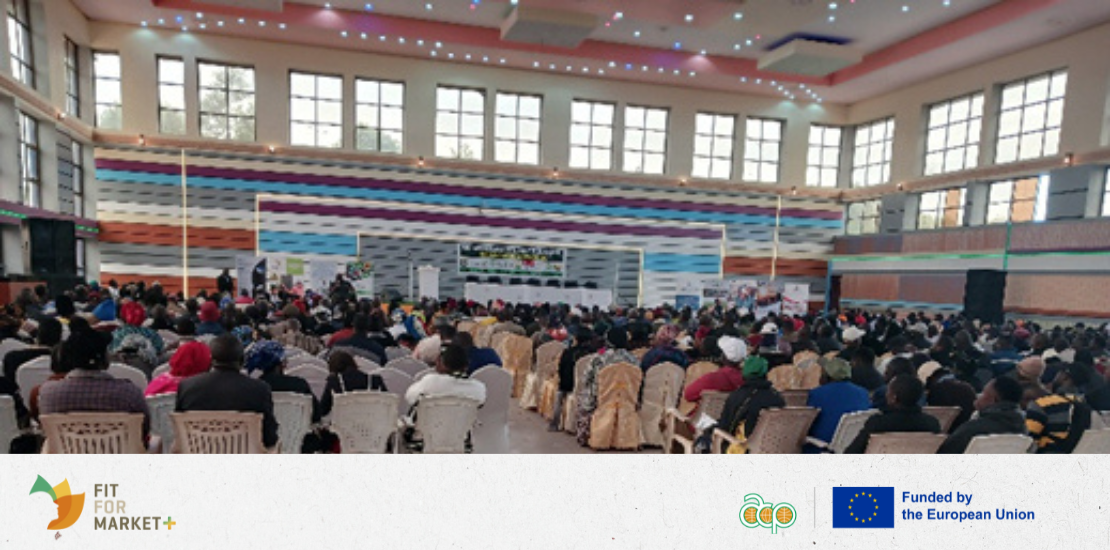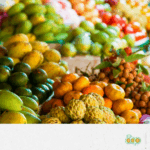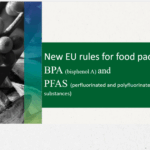- 09/09/2025
- Posted by: Sandra Borma
- Category: News

As part of the FFM+ programme, COLEAD took part in a Southern Highlands Development Alliance (SHDA)-organised workshop dedicated to the avocado sector in Njombe, Tanzania. Over 2,000 value chain stakeholders, including producers, exporters, suppliers of inputs, transporters, and farmers’ associations from the Njombe, Iringa, Ruvuma, and Songwe regions, came together to discuss the future of this thriving sector.
A promising sector for smallholders.
With over 25,000 small-scale producers organised within SHDA groups, the Southern Highlands are emerging as a promising region for avocado production. The potential is significant for both inclusive growth and export development.
During the workshop, SHDA’s Executive Director, Frank Msigwa, highlighted several priorities, including making certification (GLOBALG.A.P. and organic) more accessible and affordable, creating local certification mechanisms, increasing Tanzania’s presence at international organic trade fairs and investing in infrastructure that adds value, such as avocado oil processing facilities.
COLEAD’s support
At the event, Isaac Ndamanhyilu, COLEAD’s national focal point in Tanzania, presented COLEAD’s global approach to strengthening horticultural value chains and supporting producers and businesses in preparing more effectively for export.
The presentation was structured around COLEAD’s three pillars of action:
- Facilitating market access: compliance with international standards, access to market studies and regulatory alignment.
- Strengthening value chains through targeted technical assistance, practical training, improved production practices, and governance;
- Increasing impact through partnerships, access to finance and networking at regional and international levels.
COLEAD also reminded stakeholders of the technical resources available online, such as the e-learning platform, technical guides, manuals, and market analysis tools, which can help to consolidate their capacities and strengthen their export readiness.
This activity is supported by the Fit For Market Plus (FFM+) programme, implemented by COLEAD within the Framework of Development Cooperation between the Organisation of African, Caribbean and Pacific States (OACPS) and the European Union. This publication receives financial support from the European Union and the OACPS. The content of this publication is the sole responsibility of COLEAD and can in no way be taken to reflect the views of the European Union or the OACPS.





